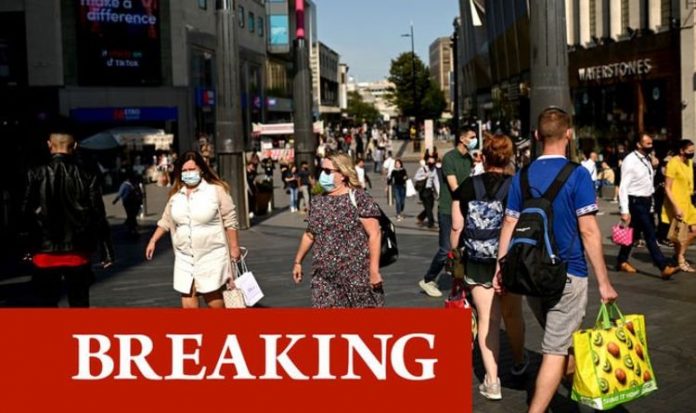The Financial Conduct Authority (FCA) brought a test case earlier this year over the wording of business interruption (BI) insurance policies, which some insurers argue do not cover pandemics. The city watchdog previously said it was bringing the legal action following “widespread concern” over “the lack of clarity and certainty” for businesses seeking to cover substantial losses incurred by the COVID-19 pandemic and subsequent national lockdown. According to the regulator, the value of policies likely to be affected by the test case is about £1.2 billion.
The FCA selected a representative sample of 17 policy wordings used by 16 insurers, which were considered at an eight-day hearing in July.
Eight insurers agreed to assist the FCA by taking part in the test case, which the regulator has said it hopes will provide “clarity and certainty for everyone involved in these BI disputes, policyholder and insurer alike”.
Lord Justice Flaux and Mr Justice Butcher delivered their verdict this morning.
At the hearing in July, the FCA’s barrister Colin Edelman QC said about 370,000 policyholders “could potentially be affected by this litigation”.
He suggested this “ballpark figure” pointed to the importance of the case for businesses “confronting the financial impact of the coronavirus epidemic”.
The FCA said the Government’s coronavirus public health controls had caused “substantial loss and distress to businesses”, particularly small and medium enterprises (SMEs).
Leigh-Ann Mulcahy QC, who also represented the FCA at the hearing, told the court the outbreak of Covid-19 had triggered a “national response” driven by “the danger and the emergency” of the disease.
She suggested all businesses had to follow the Government’s advice, guidance and lockdown requirements, whether or not these were specifically legislated for.
Businesses had “legal duties” to employees, customers, contractors and visitors, including health and safety requirements, she said.
“It wasn’t up to policyholders to breach the UK Government’s advice and guidance without breaching their legal duties regarding the health and safety of employees and as occupiers in relation to the public,” she added.
(More to follow)







